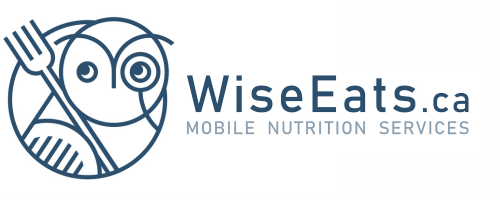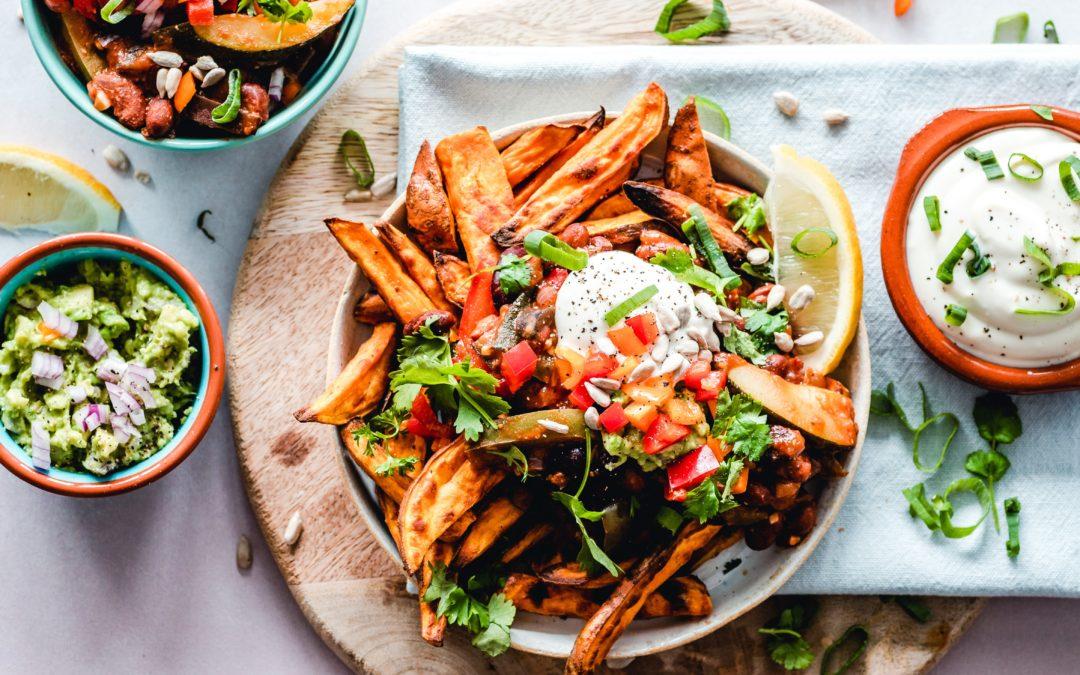If you are considering shifting to a more plant-based diet, you may be wondering if you are going to get all the vitamins and minerals that your body needs without meat.
In short, the answer is yes!
Meat and animal-based products are the primary sources of some vitamins and minerals that our bodies need. But this does not mean animal products are the only sources of these nutrients. Many of these nutrients are also found in plant-based foods.
Iron
Iron is one of the common nutrients that people worry about when considering vegetarian or vegan diets. But despite the rumours, it is still possible to meet your body’s iron needs while eating a plant-based diet. Having said this, if you are eating a strict vegan diet, you will likely need more iron than people. This is because plant-based sources of iron do not contain heme.
You can check out my blog posts on minerals for more information on iron!
Plant-Based Source of Iron
Some of the top plant-based sources of iron include,
-
- Lentils
- Tofu (and tempeh)
- Spinach
- Beans
- Swiss chard
Lentils are a very rich source of iron, and 100 grams contain 18% of the daily value (DV). They are also a good source of protein and fibre, as well as other micronutrients such as vitamin B2. You can include lentils in many recipes including salads and soups. You can check out BBC Good Foods for a huge collection of lentil recipes.
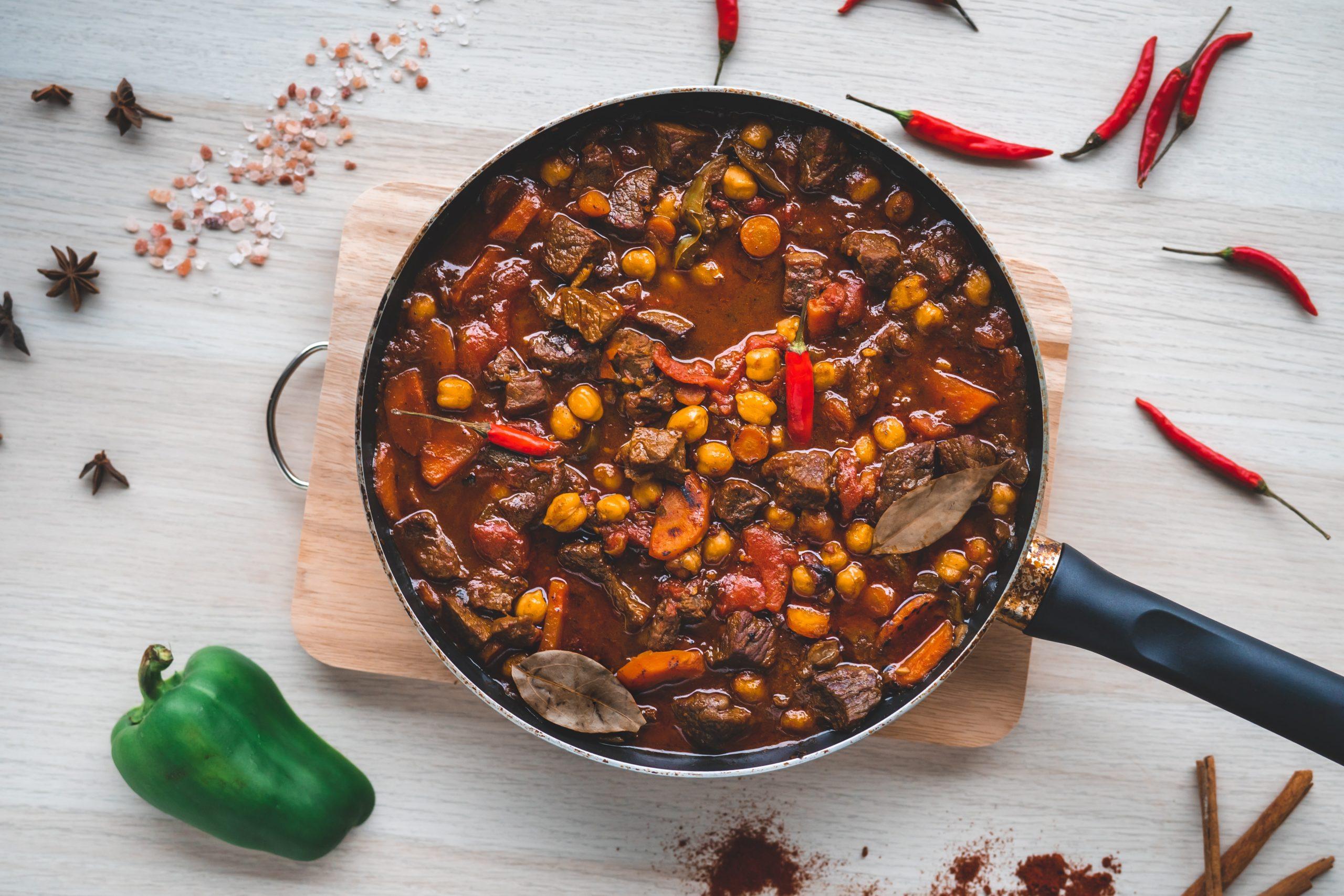
Calcium
You are probably familiar with Calcium from its role in keeping our bones strong, but this micronutrient plays many important roles in supporting our health. Many people are not meeting their recommended daily intake (RDI) of calcium, whether or not they are eating a plant-based diet.
But a plant-based diet does not need to be deficient in calcium.
You can learn more about calcium from my post on minerals.
Plant-Based Sources of Calcium
Some great plant-based choices for calcium include,
-
- Soybeans and tofu products
- Oranges
- Raspberries
- White beans
- Navy beans
- Black beans
- Amaranth
- Almonds
- Bok Choy
Beans such as navy beans and white beans are a good way to include calcium in your plant-based diet. Both navy and white beans contain 13% of the DV of calcium per 100 grams. You can include beans in almost any meal, from dips and salads to stews and soups.
Bok Choy is another great source of calcium. 100 grams of bok choy contains 10% of the daily value of calcium. It also contains 75% of the DV of vitamin C and is a great source of vitamin K. This veggie is a great addition to soups, stews and stir-fry. You can also check out this garlic bok choy recipe for inspiration.
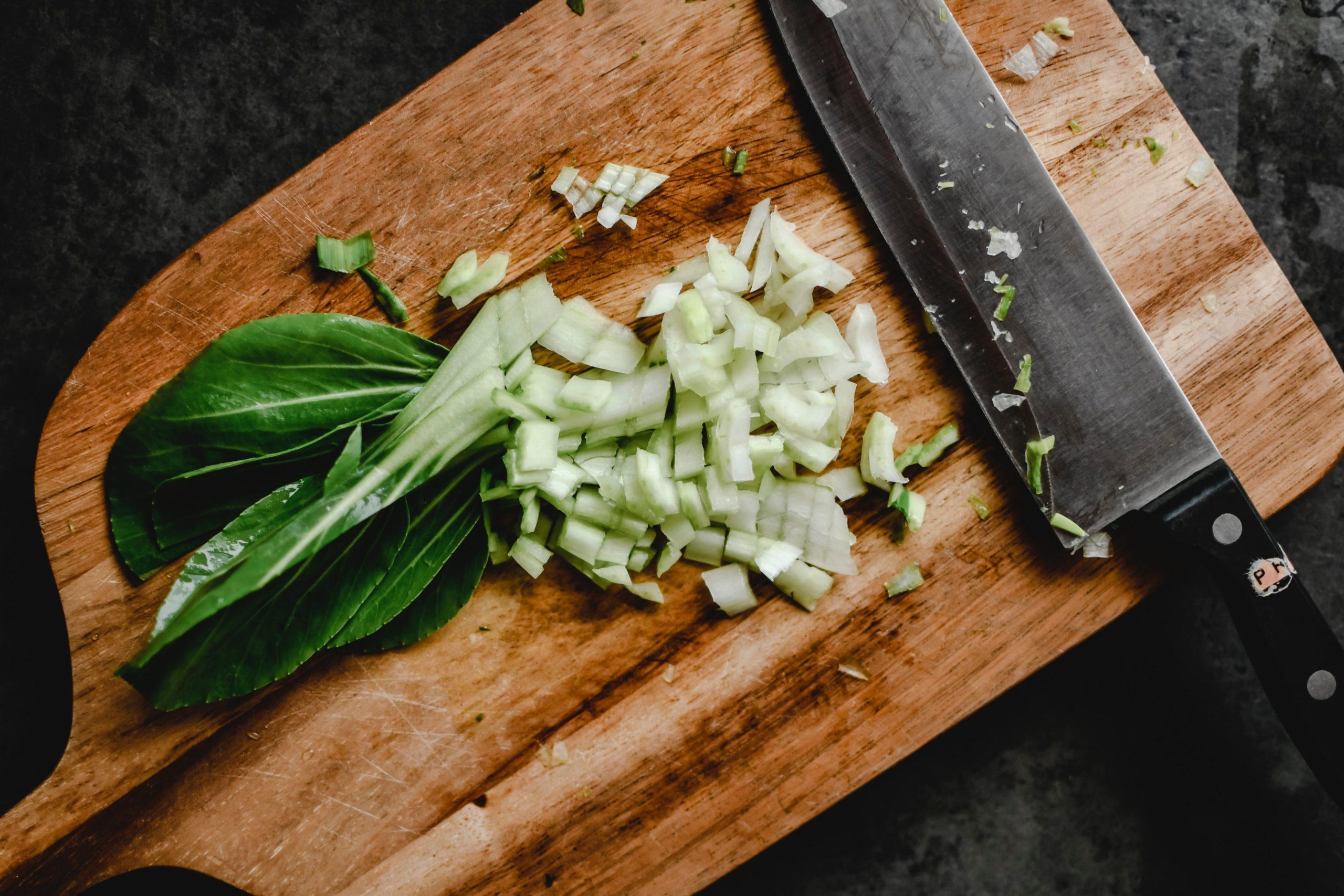
Vitamin B12
Vitamin B12 is one of the key vitamins that your body needs for converting food into energy and supports your mental health. Although it is mainly found in animal-based products, such as milk and eggs, it is also found in some plant-based foods.
Check out my posts on water soluble vitamins for more information on the vitamin and its role in the body.
Plant-Based Sources of Vitamin B12
Some plant-based sources of B12 you can include in your diet are,
-
- Fortified milk (such as oat, soy and almond milk)
- Fortified breakfast cereals
- Bananas
- Strawberries
- Kidney beans
- Spinach
Fortified breakfast cereals are one of the richest sources of vitamin B12. They can provide up to 25% of your daily vitamin B12 requirements. You can check the nutrition facts label to determine the amount of B12 in each serving. Try out this B12-rich oatmeal recipe.
Vitamin D
Vitamin D is one of the fat-soluble vitamins that your body needs to maintain strong bones and teeth. Your body also needs vitamin D to absorb other minerals such as calcium and phosphorous. Vitamin D is not found in many foods, but you can include it in a plant-based diet.
Plant-Based Sources of Vitamin D
Some great plant-based sources of vitamin D to try include,
-
- White mushrooms
- Fortified milk (including oat, soy and almond)
- Fortified cereal
- Portabella mushrooms
- Broccoli
- Carrots
- Almonds
- Apples
Including portabella and white mushrooms in your diet is a great way to meet your vitamin D needs. One serving of white mushrooms contains 366 IU (international units) of vitamin D, while a serving of portabella mushrooms contains 4 IU. Fortified milk is also a great source of vitamin D, with fortified options containing between 100 to 144 IU in each serving. This accounts for 13 to 18% of your daily vitamin D needs.
Trying to include more vitamin D in your diet? Try this cinnamon almond smoothie.

Iodine
As you may know from my article on minerals, this iron plays an important role in supporting our thyroid, immune health and metabolism. Although iodine is primarily found in animal-based foods, you can still get enough iodine from a plant-based diet.
Plant-Based Sources of Iodine
Some rich sources of iodine include,
-
- Enriched pasta
- Soy beverages
- Apple juice
- Corn
- Broccoli
- Bananas
- Lima beans
- Green peas
Combining enriched pasta with other iodine-rich vegetables can help make sure your diet contains enough iodine. One serving of enriched pasta contains 38 micrograms of iodine per serving. This accounts for 25% of your daily iodine needs. Check out this iodine-rich broccoli & almond pesto pasta recipe!
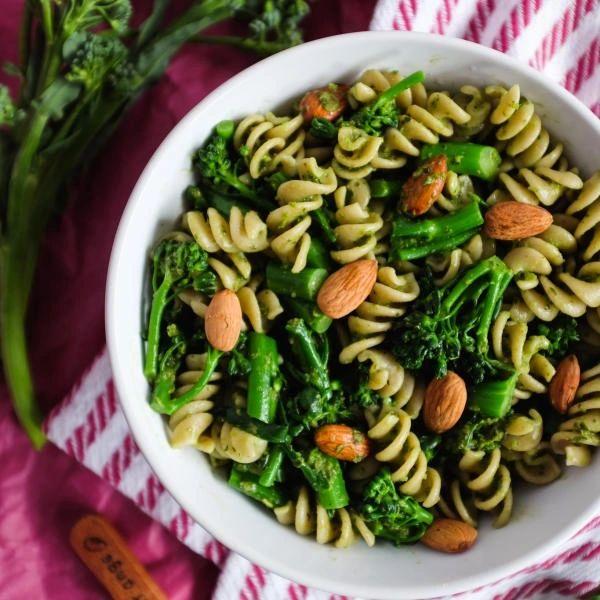
Want to learn more about the micronutrients and how they support your health? Check out my Micronutrient Monday series.
Book a FREE Discovery Call to Learn About Plant-Based Diets
Not sure if your plant-based diet is meeting your nutrient needs? Speak with a Registered Dietitian to learn more about the plant-based diet and changes you can make.
With a Bachelor of Science in Nutrition and Food Science, Rachel has over 15 years’ experience helping people address their health through nutrition.
